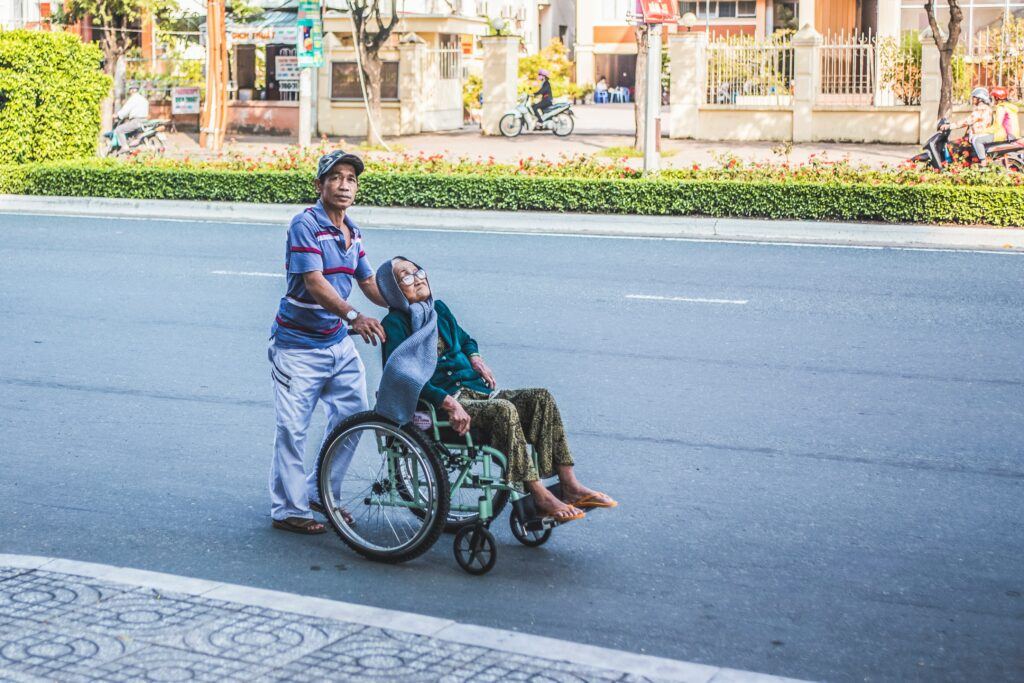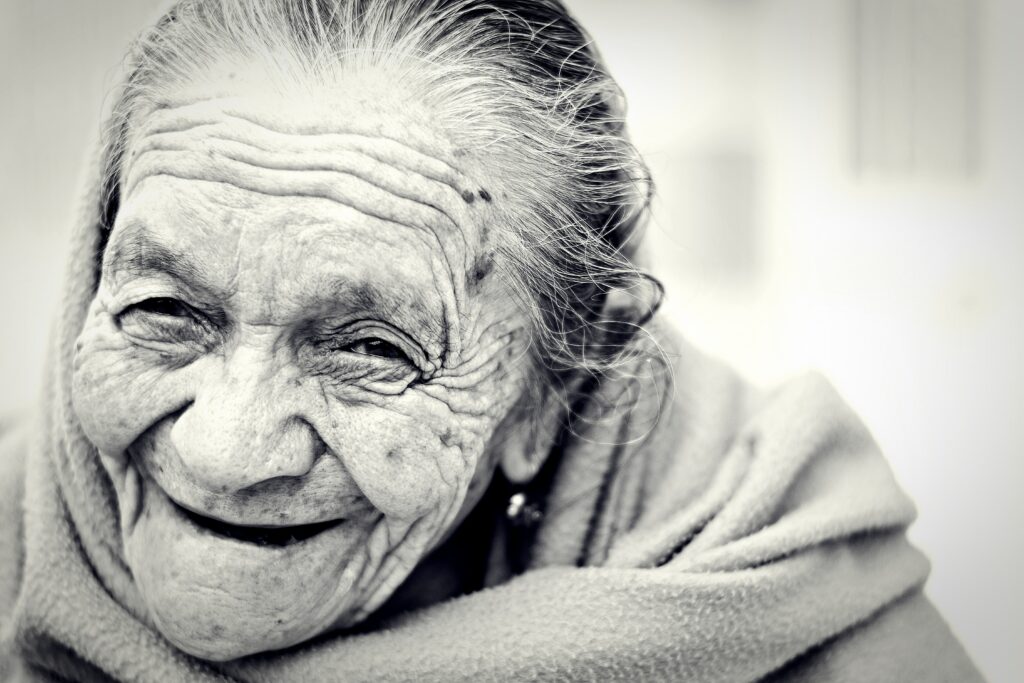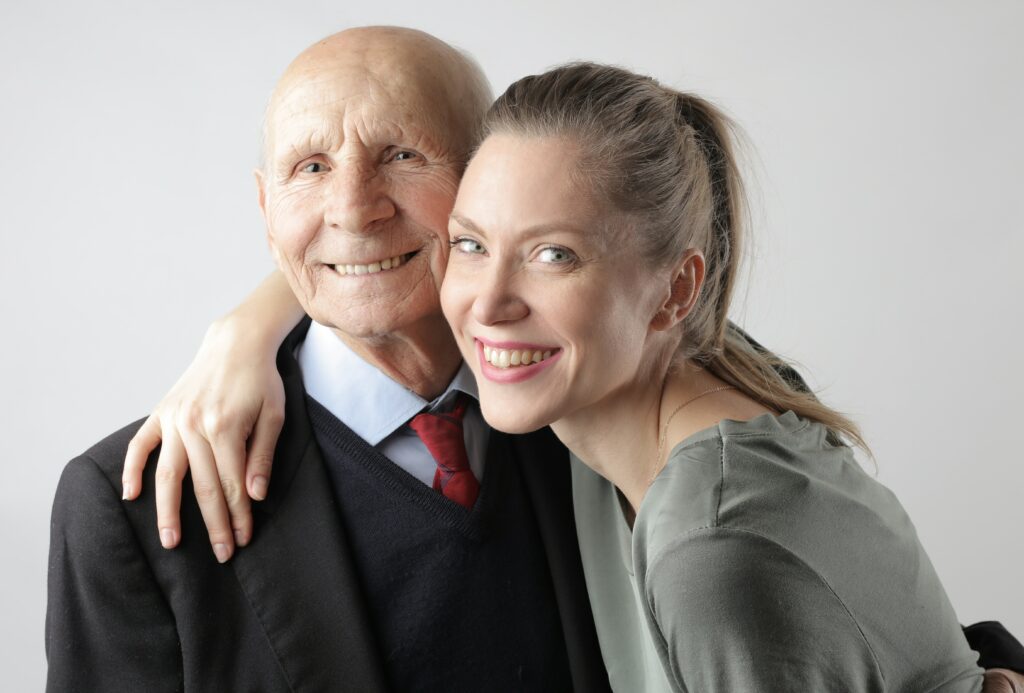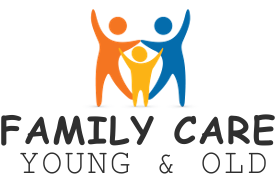All but a few aging parents require little assistance from others. Quite a few of them are devoted to helping others. To their families, communities, and workplaces in other ways.
While it is true that many elderly persons eventually require assistance, Especially if they live into their old age or perhaps longer. When you think about it, just a tiny percentage of people go from being utterly independent to passing away. Without the need for assistance at any point in time.
Some of the most typical triggers for this are:
Someone who is beginning to suffer from Alzheimer’s disease or a similar illness. Patients with long-term, debilitating illnesses that frequently necessitate hospitalization Such as severe heart failure, advanced chronic lung disease, or a worsening neurological disorder.
Disabilities resulting from an accident such as a fall, a stroke, or another medical emergency. They were having difficulty getting back to normal after a stay in the hospital, especially if the Aging Parents were delirious or had other problems. Frailty and lack of physical strength can occur as a result of advancing age.
Cognitive changes associated with aging are more evident in older people, especially those who are very old. Then there’s the fact that it’s a significant risk factor for acquiring dementia. When a loved one is in need, most individuals are grateful for the opportunity to assist. Many people, on the other hand, find it complex.

Especially if the older parent is apprehensive about accepting assistance or making changes. Attempting to assist an Aging Parents might bring up many challenges that many people haven’t anticipated. Understandably, many of us have a lot on our plates, including jobs, children, and other commitments. Their new position as caregivers also begins to take shape.
In the past few years, both in my in-person doctoring job and on the Internet, I’ve seen a significant increase in the number of patients I see. When it comes to my work as an aging health expert on the Internet. As a caregiver, I’ve seen many folks struggling to figure out what their elderly parents could require and how to help them out.
The Helping Older Membership is an online program that assists those who need it. With the help of these courses, you’ll be able to. I’ve compiled a list of the most common areas of concern for family caregivers. Our members find the list quite helpful. Therefore we’ve decided to keep it.
Concerns about the safety of the public:
Such issues as fall risks and driving concerns are also addressed.
Medications and health care:
Late-life health issues are not uncommon. Many older people with chronic conditions require continuing management, including medication, monitoring, and other forms of ongoing care. Symptoms and health concerns might change as we get older, which can be especially true for the elderly. And they may require the help of their loved ones to get assessed.
Family members frequently assist in bringing up issues and concerns to health care specialists. When a person is recovering from an illness, they will almost certainly need assistance. A severe sickness or a long-term ailment that requires medical attention. It can lead to people losing the ability to make their own health care decisions or supervise their treatment.
It is common to face difficult decisions when a loved one is sick or suffering from a mental condition. Issues related to law and money In some cases, older persons may no longer be able to handle some financial or legal matters. Financial exploitation can take place even if an older adult is intellectually intact.
Legal and financial concerns frequently necessitate assistance from family members. We are organizing ahead of time and taking care of the legal papers required. If they need assistance, this can make it much more manageable.

Housing issues:
Quality of life, safety, the ability of others to assist, and more can all be affected by an older adult’s housing situation.
Frequently, families are faced with questions like:
Moving in with a family member may be required to get the help you need. Are there any other options (like assisted living) available that could be financially viable? Good health and happiness for your Aging Parents are two of the most important things you can do for them.
Most are worried about their elderly loved one’s quality of life and satisfying their fundamental necessities. In other words, this includes looking at things like social connectedness and purpose, autonomy, and dignity. Learn more about the priorities, as well. And what kinds of things they’d be willing to give up to get what they want.
Having a plan in place:
Consider future declines, crises, and end-of-life care while planning. Stress, inconveniences, and in some instances, costs can all be avoided if you plan.

Family dynamics and interpersonal relations:
Attempting to assist an Aging Parents might lead to challenging feelings and relational difficulties. You may unintentionally harm the feelings of your senior family members while attempting to do the right thing.
As a family caregiver, you’re more than likely to have difficulties in your connection with your siblings, or anybody else who is engaged. People from all areas of life can benefit from honing their communication and interpersonal abilities. To better handle the dynamics of these relationships.
Self-care:
Taking care of an elderly relative can be pleasant, but it can also lead to long-term worry. Owing to the hectic schedules of family carers, neglecting their own needs and well-being is easy for them. Which could put their health at risk. Then their capacity to care for and connect with their Aging Parents is also affected by this.
To keep the stress of caregiving under control, family carer can turn to a range of self-care techniques. Joining a support group, seeking assistance, etc. It includes establishing clear boundaries, making time for one’s own health care requirements, as well as other things.
I’ve also discovered that person can benefit from learning ways to organize and prioritize their tasks. Many of you already know from personal experience how difficult it may be to help an elderly parent in their later years. A significant reason is that they all interact and overlap with one another.
There are a few examples, such as:

The amount of time an Aging Parents has to live is also influenced by the severity of their medical condition. Everyone’s quality of life is affected since they and their families spend a lot of time with healthcare experts. When they have legal authority to help, they can assist with medical, housing, and financial matters, among other things.
Caregiving stress is influenced by the complexities of family relationships and their well-being. Thus making it challenging to assist a parent. And one’s level of energy and patience when interacting with other people.
Assembling a list of options for safety, medical care, or housing is a daunting task. Consider the Aging Parents quality of life and what is most important to them in each decision you make.

Leave a Reply